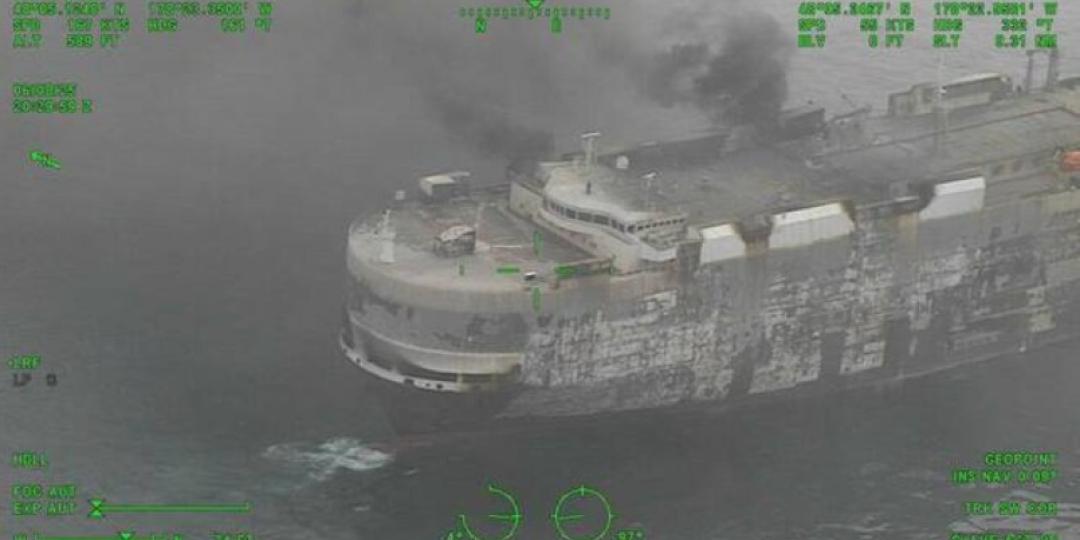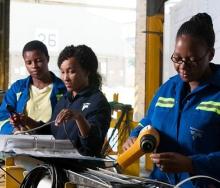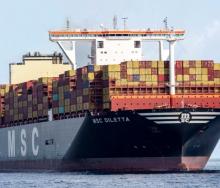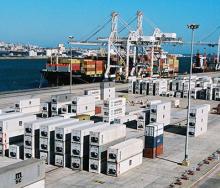The mis-declaration of cargo to avoid stiff insurance and shipping costs continues to be an issue in the freight industry, says Mike Brews, director of Horizon Underwriting Managers.
Speaking to Freight News in the same week that a roll-on roll-off (roro) vessel was first completely gutted by a suspected lithium-ion fire before a dangerous cargo explosion caused a box ship blaze off the coast of India, he emphasised the need for insurance integrity.
Brews, who also heads the Cargo Committee at the International Union of Marine Insurance (IUMI), said: “The accurate declaration of cargo is paramount to all of us.
“If things are managed and looked after properly, then we can prevent a lot of these losses from occurring.”
He said this is especially the case when lithium-ion batteries get too hot and “become a source of ignition” when they are located too close a vessel’s machine room, possibly because of mis-declaration.
However, Brews also cautioned against the fear mongering attached to on-board lithium-ion fires, especially in the wake of the Morning Midas, the roro that was destroyed off the Alaskan coast earlier this week.
He said it must be kept in mind that a lot of electronics contain lithium-ion and that batteries themselves don’t cause fires although it’s become well-known that thermal runaways off electric vehicle (EV) fires are difficult to put out.
“I also know that the International Maritime Organization and International Convention for the Safety of Life at Sea are looking at ways of managing fire extinguishing, monitoring and detection.”
Brews added that, from what is known, there are ideas afoot such as blanket-wrapping EV units on roros “but if you look at how tightly they pack cars on those vessels, I can’t see how that’s going to happen”.
He speculated that the vessel design of new-build roros might, in future, include a separation of EV units from international combustion engine vehicles. This is especially relevant considering that, of the 3 038 cars on board the Morning Midas, only 70 were EV units while 870 were hybrids.
Also remembering the Felicity Ace roro that was completely burnt out by an on-board fire with almost 4 000 units on board as it was crossing the Atlantic in 2022, Brews said, if EV fires become a trend, shippers can expect an increase in insurance rates.
He said the IUMI is closely monitoring developments, particularly wilful under-declaration of cargo in the containerised space and its impact on the sea freight industry.
Asked whether it’s fair to speak of an increase in on-board EV fires, he reiterated that it’s probably not the case and that it only appears to be the case because of the number of vessels at sea.
It is most important to consider, Brews said, the long-term implications of mis-declaration of cargo, especially when hazardous cargo leads to calamity.
“It affects all of us,” he said.













